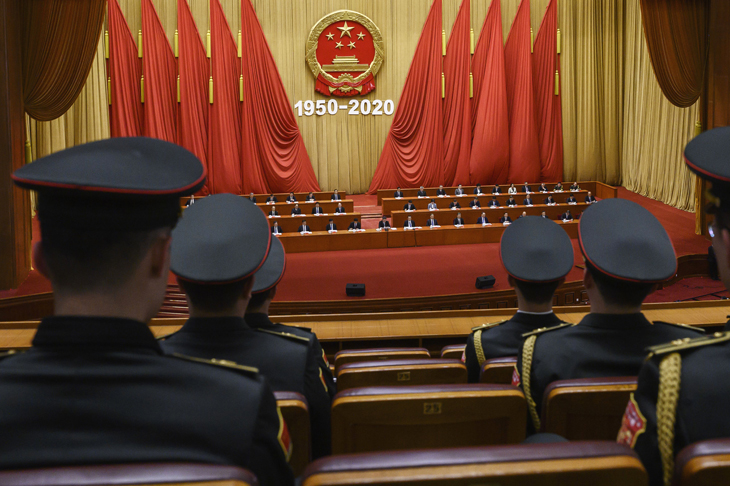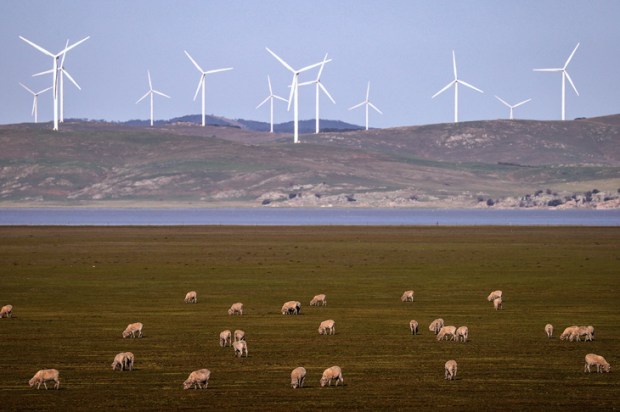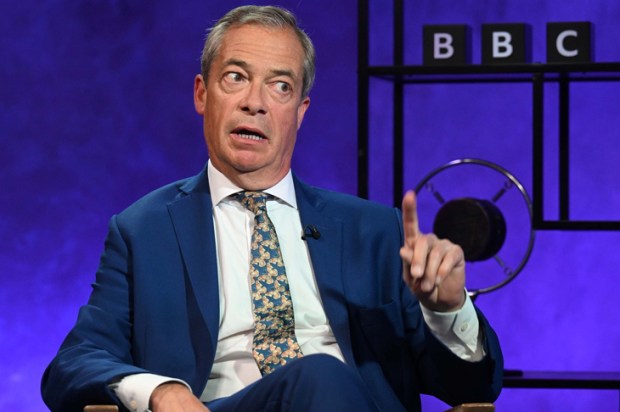Kevin Rudd once upbraided then-Prime Minister Turnbull for his lack of ‘diplomatic sensibility’ to China. Last year he blasted Morrison for being ‘hairy-chested’ during Xi Jinping’s shadow trade war against Australia. Similarly, New Zealand’s trade minister Damien O’Connor lately advised Canberra to ‘show respect’ and act with ‘a little more diplomacy’ towards Beijing.
Already a subscriber? Log in
Subscribe for just $2 a week
Try a month of The Spectator Australia absolutely free and without commitment. Not only that but – if you choose to continue – you’ll pay just $2 a week for your first year.
- Unlimited access to spectator.com.au and app
- The weekly edition on the Spectator Australia app
- Spectator podcasts and newsletters
- Full access to spectator.co.uk
Or
Unlock this article
You might disagree with half of it, but you’ll enjoy reading all of it. Try your first month for free, then just $2 a week for the remainder of your first year.














Comments
Don't miss out
Join the conversation with other Spectator Australia readers. Subscribe to leave a comment.
SUBSCRIBEAlready a subscriber? Log in